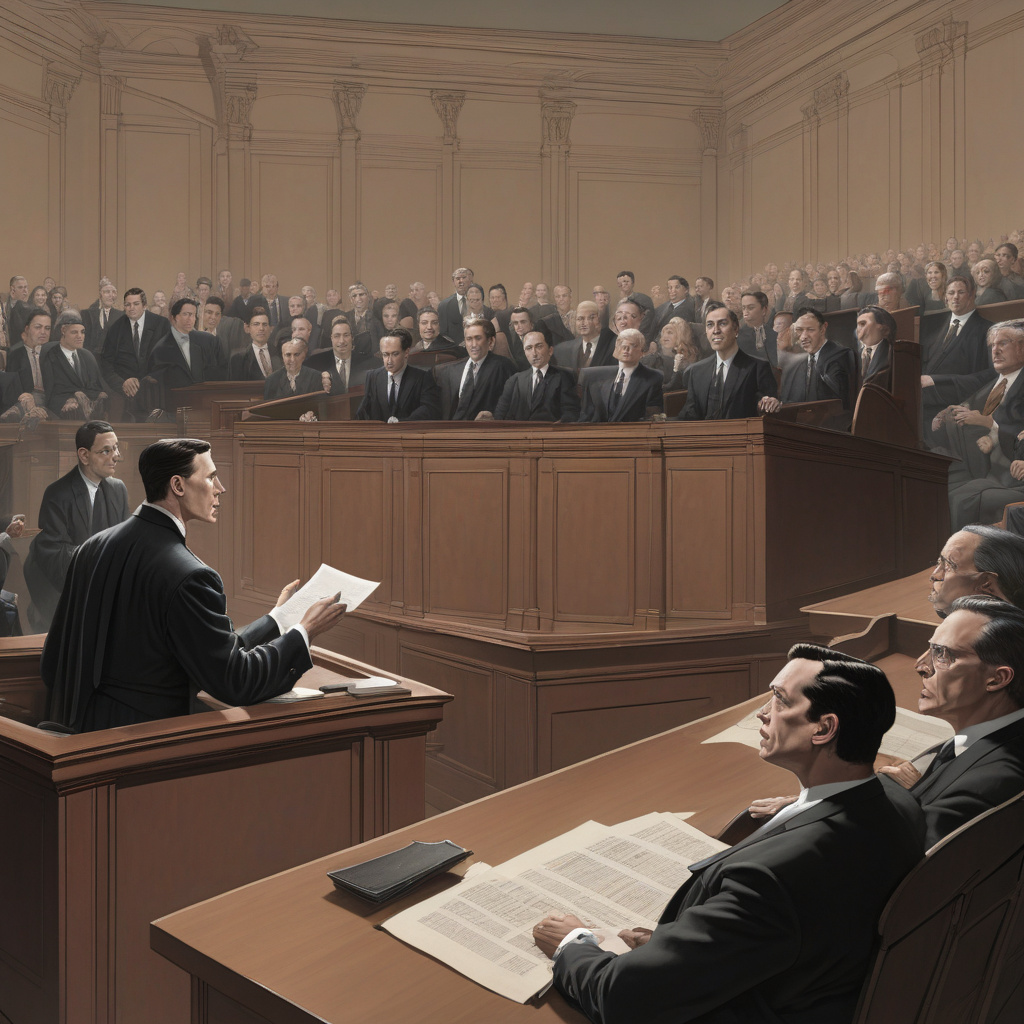Jury Slams Tesla with $243M Verdict in Fatal Autopilot Crash and Data Dispute
A federal jury in Miami has found Tesla partly responsible for a 2019 crash that resulted in the tragic death of two people. The verdict, which includes a hefty $243 million penalty against the electric vehicle giant, sends shockwaves through the automotive and technology industries, raising questions about the safety and accountability of autonomous driving systems like Tesla’s Autopilot.
The case centered around a collision involving a Tesla Model S and a semitrailer on a Florida highway. The car, operating on Autopilot mode at the time of the accident, failed to apply the brakes, leading to the fatal crash. While Tesla argued that the driver should have been attentive and that the Autopilot system was not designed to prevent this type of collision, the jury disagreed and held the company accountable for the incident.
One of the key points of contention during the trial was access to the vehicle’s data logs. Tesla, known for its data-driven approach to improving its technology, initially refused to hand over the data, citing customer privacy concerns. However, under pressure from the court, the company eventually relented, providing valuable insights into the car’s performance leading up to the crash.
This case highlights the complex interplay between innovation, regulation, and responsibility in the realm of autonomous driving. While self-driving technology holds the promise of reducing accidents and improving road safety, incidents like the one involving Tesla’s Autopilot demonstrate the potential risks and challenges associated with relying on these systems.
Tesla’s legal troubles do not end with this verdict. The company is facing additional lawsuits related to Autopilot incidents, including allegations of system malfunctions and inadequate safety measures. As more automakers and tech companies enter the autonomous driving space, ensuring the reliability and safety of these systems will be paramount to winning the trust of consumers and regulators alike.
In response to the verdict, Tesla has reiterated its commitment to improving the safety of its vehicles and Autopilot system. The company continues to collect and analyze data from its fleet to enhance the performance and capabilities of its self-driving technology. However, the outcome of this case serves as a stark reminder that innovation must always be accompanied by accountability and transparency.
As the automotive industry continues to evolve, with electric vehicles and autonomous driving becoming more prevalent, incidents like the one involving Tesla’s Autopilot crash will likely shape the future of transportation. Striking the right balance between technological advancement and safety standards will be crucial in building a sustainable and trustworthy ecosystem for self-driving vehicles.
Ultimately, the $243 million verdict against Tesla underscores the high stakes involved in the development and deployment of autonomous driving technologies. While the road ahead may be challenging, holding companies accountable for their products’ performance and ensuring transparency in data sharing are essential steps towards building a safer and more reliable autonomous driving landscape.
autonomousdriving, Teslaverdict, autopilotcrash, automotiveindustry, safetytechnology












